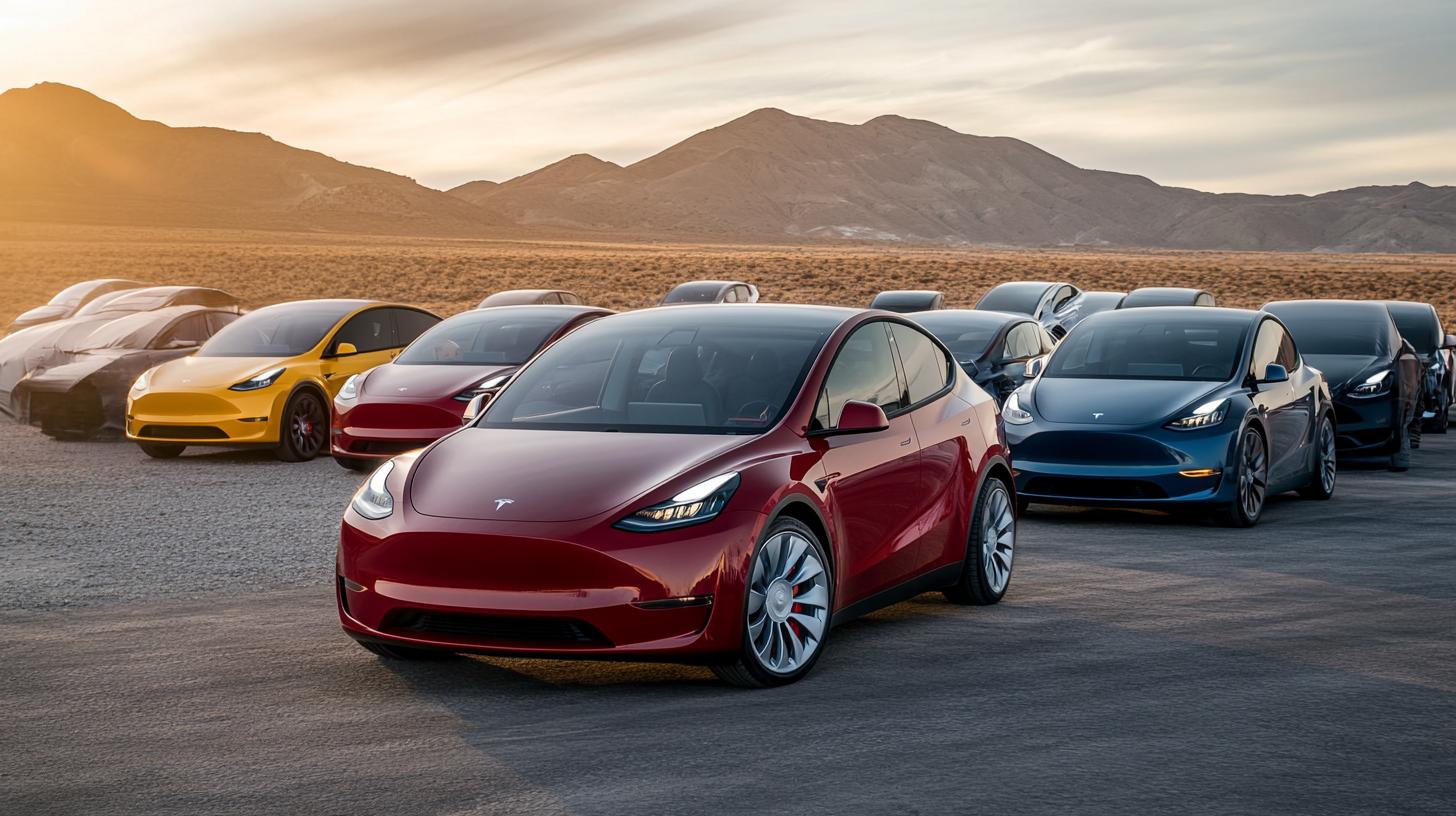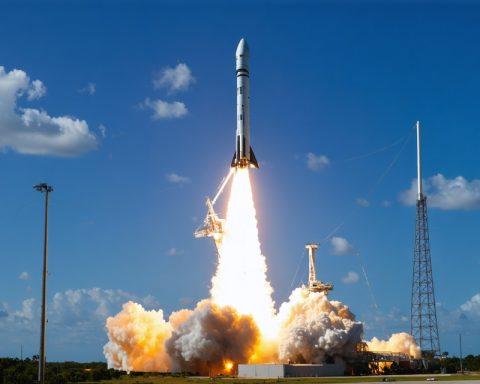The United States is driving forward in its clean energy mission with a groundbreaking $70.8 million investment to enhance its electric vehicle (EV) infrastructure. This pivotal funding aims to spark innovations in EV battery recycling, strengthen manufacturing, and push the nation towards its sustainability goals.
Revamping Manufacturing Hubs
With $50 million from the Inflation Reduction Act, five states known for their automotive industries are primed for transformation. Michigan is leading the effort, receiving $22.6 million to revitalize facilities for the increasing demand for electric, hybrid, and fuel-cell vehicles. Indiana, Kentucky, Tennessee, and Illinois are also set to benefit, ensuring small and medium-sized manufacturers (SMMs) thrive in advanced vehicle supply chains while preserving valuable jobs.
Revolutionizing Battery Recycling
An additional $11.5 million from the Bipartisan Infrastructure Law is directed at enhancing EV battery recycling initiatives, a key step in sustainable vehicle growth. As EV adoption accelerates, efficient recycling of materials like lithium and cobalt is crucial to reducing environmental impact and avoiding supply chain issues. Tennessee, Michigan, Nevada, New York, Wisconsin, Iowa, and Indiana will lead efforts to modernize recycling infrastructure, paving the way for a circular economy in the EV sector.
Embracing Smart Manufacturing
In a move to integrate advanced manufacturing techniques, $9.3 million will be allocated to five states, promoting the use of high-performance computing and automation. Projects in Illinois, Michigan, Oregon, Tennessee, and Virginia will empower SMMs to adopt cutting-edge processes, enhancing efficiency and reducing energy consumption.
As the US accelerates its transition to clean transportation, these strategic investments will significantly contribute to emission reductions, job creation, and a sustainable energy future, positioning the nation as a frontrunner in the global clean energy landscape.
The Electrifying Future: How the Latest EV Investments Could Revolutionize Humanity
The United States has announced significant steps toward advancing its electric vehicle (EV) infrastructure with an unprecedented $70.8 million investment. These funds are aimed at not only revolutionizing the EV sector but also setting the stage for new technological innovations that could transform how we think about clean energy and sustainable living.
Impact on Human Development and New Technologies
With the US leading this formidable transformation, the potential implications for humanity are profound. The emphasis on EV battery recycling signals a forward-thinking approach to the combination of sustainability and economic viability. Not only does this initiative aim to reduce the reliance on finite resources like lithium and cobalt, but it also fosters a circular economy where materials are reused efficiently. This echoes a broader global trend striving for zero waste and sustainable resource use.
Fascinating Facts and Controversies
Did you know that the metals used in EV batteries, such as cobalt, have often been sourced under perilous conditions, with significant human rights concerns? With these investments, there is a robust push towards ethically sourcing materials, thus addressing a controversial aspect of the current supply chain. It also opens up questions about the long-term sustainability of these practices and whether they can be applied universally across other industries.
Furthermore, high-performance computing and smart manufacturing are poised to cut down on energy consumption significantly. Nevertheless, while these advancements present tremendous upside, they also introduce questions about job displacement due to increased automation.
Advantages and Disadvantages
Advantages:
– Emission Reductions: By boosting the transition to electric and hybrid vehicles, the overall carbon footprint is expected to go down substantially.
– Economic Growth: These investments are forecasted to create numerous jobs and invigorate local economies, particularly in states traditionally reliant on automotive manufacturing.
– Technological Edge: The focus on smart manufacturing and recycling positions the US as a technological leader, with innovations that can be exported globally.
Disadvantages:
– Resource Dependence: The technology still heavily depends on rare materials, which might lead to future resource scarcity.
– Economic Displacement: The shift from traditional vehicle manufacturing to EVs could disrupt current jobs, especially in sectors less adaptable to change.
Answering Key Questions
How will this affect the environment in the long run?
By reducing dependency on fossil fuels and enhancing the sustainability of manufacturing processes, the natural environment stands to benefit over the long term. However, ongoing research is needed to ensure resource extraction for battery materials remains sustainable.
Can these technologies be universally applied?
While the advancements in high-performance computing and battery recycling are promising, the challenge remains in scaling these technologies globally, particularly in developing countries without robust infrastructure.
For more on the latest in EV and clean energy innovations, visit U.S. Department of Energy.







